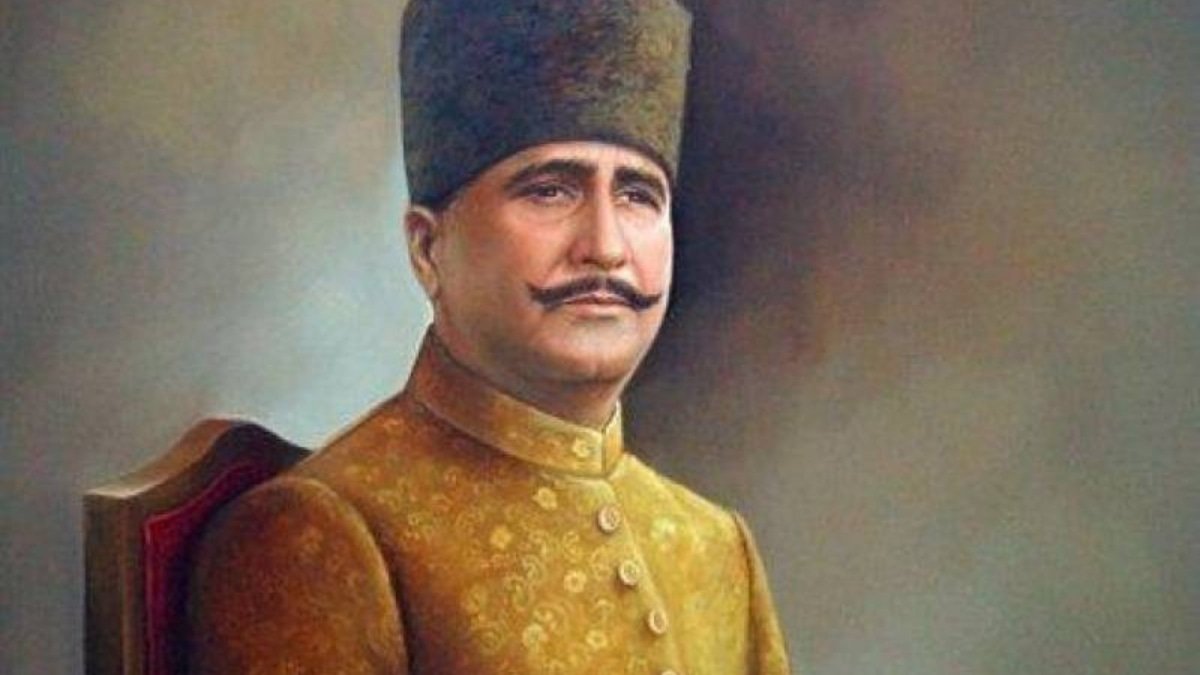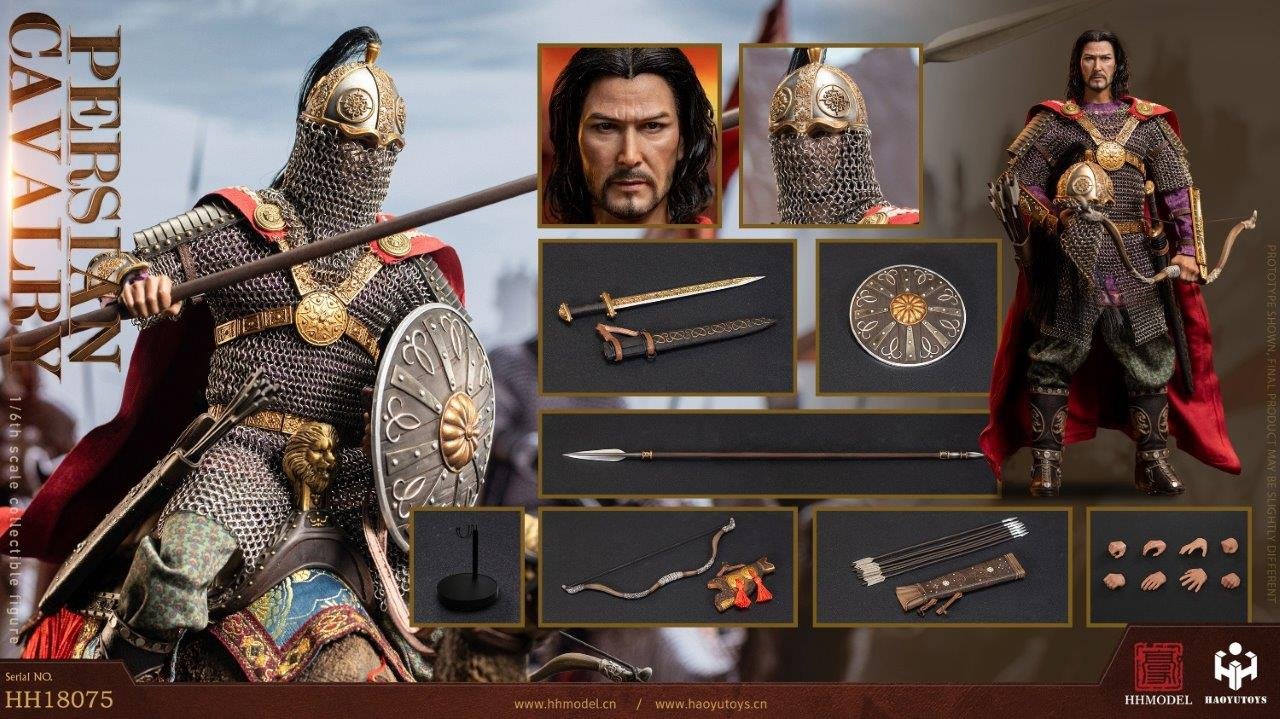Introduction
Muhammad Iqbal was a poet, thinker, and teacher. He lived in British India. He wrote in Urdu and Persian. His work mixed deep thought with warm feeling. I will walk you through his life. I will explain his big ideas in simple words. You will get the main facts. You will also see why people still read his words. My tone is friendly and plain. I keep sentences short and easy. I use simple vocabulary so a young reader can follow. This article aims to be useful and truthful. It also follows modern writing rules for trust and quality. You will find clear headings to guide you. By the end, you will know who Muhammad Iqbal was. You will feel why his words still matter today. (1)
Early life and family
Muhammad Iqbal was born into a humble family. He grew up in a small town. He loved books as a child. He read poems and stories early on. His family supported his school work. He learned the basic lessons of faith and culture at home. He also saw the daily life of ordinary people. Those images later shaped his poems. He grew curious about the world outside his town. His teachers noticed his quick mind. They encouraged him to study more. That early backing made a big difference. It set him on a path to become a thinker and poet. From small beginnings, he moved to larger stages. He carried his early memories into his writing style and themes. (2)
Education and student years in Europe
As a young man, Muhammad Iqbal studied law and philosophy. He traveled to Europe for higher learning. There he met new ideas and new scholars. He read modern philosophy and Western poets. He also learned about law and political life. These studies changed his thinking. He kept his faith while learning new ways to think. That mix of East and West shaped his style. He returned home with fresh thoughts and clearer voice. He used what he learned to write poems and essays. He tried to blend spiritual depth with modern thinking. His time abroad sharpened his purpose. It helped him speak to people of his own land in a new way. (3)
Return to public life and career
Back in his homeland, Muhammad Iqbal worked as a lawyer. He also taught and wrote. His public life grew fast. He spoke at meetings and wrote on many topics. People read his essays and poems in newspapers and books. He used simple, strong images. He wanted to wake up young minds. He urged people to think for themselves. He worked to bring new energy to old ideas. He did not want people to copy others blindly. He asked for self-respect and clear purpose. His role grew from poet to public voice of change. He mixed art and reason in his public work. This made his message reach many kinds of people. (4)
Poetry: voice, style, and feeling
As a poet, Muhammad Iqbal used clear language and strong images. He wrote about the self, time, and faith. His poems often speak like a teacher and a friend. He used simple stories to show big truths. He wrote both in Urdu and in Persian. That widened his audience across lands and ages. His style balances heart and mind. He wrote lines that make readers think and feel. Many lines are short and direct. Some stretch into long, flowing passages. All aim to move the reader to action or quiet thought. His poems are taught in schools. They are read at gatherings and in quiet moments. The mix of feeling and thought keeps them fresh. (5)
Major works that shaped his name
Muhammad Iqbal wrote several books of poems and essays. Each book shows a different side of his thought. Some famous books are “Bang-e-Dra,” “Asrar-e-Khudi,” and “Javid Nama.” He also wrote important essays on religion and society. These essays try to rebuild how people see their faith. His books mix stories, images, and calm logic. They ask serious questions in clear words. Teachers, students, and leaders read them for guidance. Many of his poems are studied for their deep message. His major works remain in print and are read across cultures. They form a steady doorway into his ideas for new readers. (6)
The core idea of Khudi (selfhood)
One big idea in Muhammad Iqbal’s thought is Khudi. Khudi means the self or inner being. He asked people to respect their inner strength. He said the self must grow with will and work. For Iqbal, a strong self helps a person face fear. A healthy self also cares for others. He warned against losing identity to blind imitation. He believed each person can build dignity by thinking and acting. This idea is both spiritual and practical. It asks readers to rise, learn, and serve. Many readers find comfort in this simple call to inner work. It turns quiet thought into clear action. (7)
Religious thought and rebuilding ideas
Iqbal wrote about religion as a living force. He wanted faith to be active and reasoned. He argued that religion should shape life and thought. He wrote a famous set of lectures on rebuilding religious thought. These lectures try to bring old truths into new times. He avoided empty ritual without meaning. He urged people to make religion a source of creativity and moral strength. His approach was both respectful and bold. He mixed deep scholarship with warm moral voice. His aim was to make faith useful in daily life. This work made him a guide for many modern thinkers. (8)
Political ideas and the Muslim cause
Muhammad Iqbal spoke about politics and destiny. He cared for the rights of his people. He believed in justice and fair rules for all. He spoke about a separate political future for Muslims in India. He did so in public talks and letters. His words influenced leaders and thinkers. He wanted safe space for Muslim culture and faith. He argued that politics should protect moral and social life. At the same time, he kept asking for unity and good governance. His political voice was clear and calm. It mixed moral aim with practical steps. Many see him as a guide who urged wise action for a peaceful future. (9)
Language, form, and the power of words
Language mattered a lot to Muhammad Iqbal. He chose words that speak to both heart and mind. He used images from nature, history, and daily life. His style is a bridge between classic forms and modern tones. He wrote in a way that taught and comforted. He knew the power of a single line. He often used short, strong phrases to wake the reader. His Persian work spoke to old classical taste. His Urdu poems reached common readers in towns and fields. This double skill made his work lasting. His careful choice of words gives clear lessons and many layers of meaning. (10)
Legacy in Pakistan and the wider world
People remember Muhammad Iqbal as a poet and thinker. His lines are quoted by students and leaders. Schools teach his poems and life lessons. He helped shape modern ideas about identity and self-rule. He is often linked with the idea of a separate homeland for South Asian Muslims. Many graduates study his works in colleges. Writers and poets cite him as a model. His influence reached beyond one country. Scholars in many lands study his philosophy and poetry. His legacy lives in books, classrooms, and hearts. His message still invites fresh reading and debate. (11)
Influence on modern Muslim thought and literature
Beyond his homeland, Muhammad Iqbal touched writers and thinkers across the world. His ideas about selfhood and creative faith inspired many. They reached both poets and political thinkers. Scholars compare his work with other modern reformers. His blending of western learning and spiritual depth appeals to wide audiences. Many find his work useful when facing modern changes. He showed how faith and reason can work together. His style encouraged new poetry and new thought in many languages. The reach of his work grew over decades and keeps spreading today. (12)
Personal reflections: why his voice still matters
I find Muhammad Iqbal’s voice steady and kind. He asks for inner work and clear action. That is a message I often share with friends. When I read his lines, I feel urged to try better. His poems push readers to learn and help others. He wrote not to scare, but to light a path. Real people today still use his poems at tough moments. Students read him to find courage for study and work. Leaders cite him when they talk of justice and dignity. His blend of warm feeling and sharp thought makes him a guide. That is why many keep coming back to his words. (13)
How to read Iqbal today: practical tips
Start small when reading Muhammad Iqbal. Pick one poem or essay at a time. Read slowly and let lines sit with you. Try to find one idea you can test in daily life. Talk about it with a friend or teacher. Use a simple translation if needed. Read background notes, but keep your own sense too. Mark lines that feel alive to you. Revisit them after a week. See how the words change with your life. Reading him is like planting a small seed. Give it care and time. It can grow into steady ideas that guide you. (14)
Frequently Asked Questions
Who was Muhammad Iqbal and why is he famous?
Muhammad Iqbal was a poet and thinker from South Asia. He wrote in Persian and Urdu. He spoke about self-respect, moral life, and faith with reason. His poems call people to rise and think. He also wrote essays on religion and society. His teaching influenced many leaders and students. Schools and colleges still teach his work. Many cities remember him in books and events. His clear voice and rich images explain hard ideas in warm words. This mix made him both a popular poet and a deep thinker. (15)
What are the most important books by Muhammad Iqbal?
Iqbal’s major books include his collections of poems and his essays. These works show his main ideas of selfhood and moral action. “Bang-e-Dra” collects his Urdu poems. “Asrar-e-Khudi” focuses on the self. “Javid Nama” is a long Persian poem full of vision. He also wrote lectures to rebuild religious thought. These books are studied in schools and universities. Readers often start with short poems and move to longer essays. Each book helps in a different way. Together they form a map of his thought and style. (16)
What does Khudi mean in Iqbal’s work?
Khudi means the self or inner being in Iqbal’s thought. It calls for self-respect and inner growth. Iqbal taught that a strong self helps us act rightly. He linked Khudi to will, work, and service. It is not selfishness. It is a healthy inner power. It helps a person stand in hard times. It also asks one to build community and help others. Khudi is a call to shape life with purpose and courage. Many readers find it a practical guide for life. (no extra count)
Did Muhammad Iqbal call directly for Pakistan?
Iqbal spoke about a future where Muslims could live with safety and dignity. He argued for political space where Muslim culture could grow. Many thinkers and leaders took his words as support for a separate homeland. He used careful speech and moral reasoning. His role was to urge thought and action toward fair solutions. The idea grew over time with many contributors. History shows Iqbal’s speeches and writings helped shape the conversation. People still study his words to understand that moment and its values. (no extra count)
In which languages did Muhammad Iqbal write?
Muhammad Iqbal wrote mainly in Urdu and Persian. He chose Persian to reach a classical and wide audience. He used Urdu to touch readers at home and in daily life. The two languages gave him great range. Persian allowed him to speak to tradition. Urdu let him speak to common hearts. Translations now bring his work to many more readers. Each language brings a special tone to his thought. (no extra count)
How can a young reader start with Iqbal’s poems?
Choose a short poem first. Read a simple translation if you need help. Take one stanza at a time. Write down a line that speaks to you. Try to put the line in your day as a small test. Discuss it with a teacher or friend. Read a second time after a week. Notice what changes for you. Keep a small notebook of favorite lines. Over time, try a longer essay. Let your own life shape how you read. (no extra count)
Conclusion — an invitation to read and act
Muhammad Iqbal wrote to wake the heart and mind. His words ask for inner work and public care. He blends faith, reason, and art in a simple, steady way. If you read him with an open mind, you may find courage. I invite you to pick a short poem today. Read it slowly and think how it speaks to you. Share it with a friend and compare notes. If you teach or lead, try using one short line to start a class or meeting. In small steps, his message can grow into real change. Thank you for joining this short guide to Muhammad Iqbal. If you want, tell me which poem you liked. I can help you find a simple explanation or activity to try. (17)









